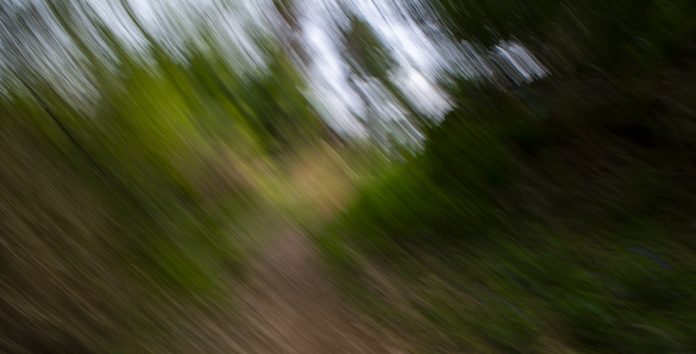On 12 June, the EESC launched its first event on fighting disinformation, kick-starting an awareness-raising campaign ahead of the European Parliament elections in 2024. The event, which gathered prominent figures from the civil society, media and youth organisations, highlighted the need for a more bottom-up approach with a strong civil society network countering disinformation on the ground. However, political awareness and solid legislative framework together with independent media are also crucial in the fight against fake news penetration.
“Citizens can defeat disinformation” was the first of a series of events to follow, organised by the EESC’s External Relations Section (REX) in collaboration with the Bulgarian Economic and Social Council, which took place in Sofia on 12 June 2023.
The launch of the awareness-raising campaign against disinformation took place specifically in Sofia, as according to the Eurobarometer survey, more than half of Bulgarians (55%) think they were often exposed to disinformation and fake news. This means that Bulgaria tops the list of EU Member States, where citizens feel most exposed to disinformation.
The rise of disinformation is a particularly worrying trend in view of the upcoming European Parliament elections. Oliver Röpke, President of the European Economic and Social Committee underlined that: “Disinformation, now also complemented by war propaganda, is used to blur reality and seed discord, making an objective debate impossible. I am highly conscious of the major challenges ahead. Next year, the biggest democratic moment in Europe will take place. Such a pivotal moment in our democratic life needs to be well prepared, in order to ensure that everyone has a possibility to be heard. European citizens have the right to make their choice based on factual information, and I think we must all contribute to a campaign where there is no place for disinformation and foreign interference.”
Keynote speaker Kiril Valchev, Director General at the “Bulgarian News Agency” (BTA) emphasized that disinformation should be fought by more information and not by censorship. “Sanctions and measures could work for some time. We should let information circulate freely and make it accessible to the public”. He also called for support to “authentic” responsible and quality journalism instead of influencers and pointed out that sources play an important role in tackling disinformation.
A joint effort by civil society organisations, government and independent media is required to set up a firewall against information manipulation which is gaining more and more ground and it is used as a weapon for foreign interference.
As Alice Stollmeyer founder and Executive Director at “Defend Democracy” put it: “Civil societies on their own can’t defeat disinformation. What they can do is to organise and take action together by pushing big tech companies who own social media platforms for more accountability. At the same time, they should ask government to put in place more regulations and reinforce the legislative framework of these platforms”.
Bringing to the discussion the point of view from the young people, Miroslav Tsekov, president of the National Youth Forum of Bulgaria, focused on the role of education and critical thinking. “Young people should be the focus as they need to have the skills and knowledge to process this high volume of information. The overall paradigm of Bulgarian and Eastern countries’ educational system lacking of critical approach should be reformed”.
The discussion also demonstrated the critical role of independent media in tackling disinformation.
Independent Russian journalist, Tikhon Dzyadko, editor-in-chief of Dozhd TV (TV Rain), said that they were working hard to provide evidence and fact-based information to Russian citizens in the fight against Russian propaganda. “Russian government do not want people to know the truth”. Even though the channel was shut down by the Russian Federation and had to relocate in Europe, still retains 13 million viewers in Russia.
Concluding the event, Zornitsa Roussinova, President of the Bulgarian Economic and Social Council, stressed once more the importance to demonstrate the threats of fake news broadly as this affects the daily life of citizens. “Awareness-raising campaigns against disinformation should be organised in all EU Member States”.

